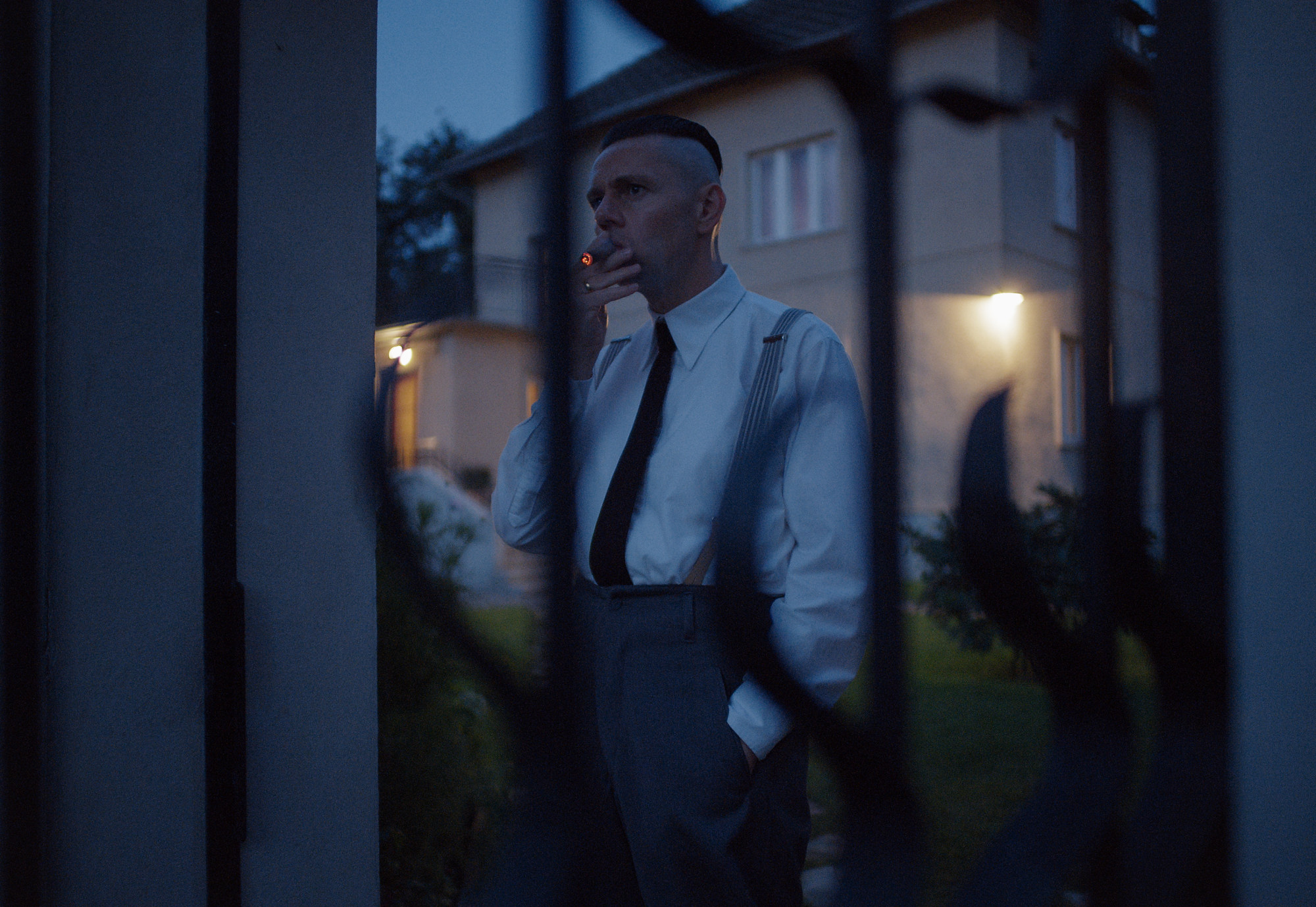
Review | The Zone of Interest movie review: Jonathan Glazer’s historical drama highlights Holocaust horrors in a profound, deeply unsettling masterpiece
- Loosely adapted from a novel, The Zone of Interest details the domestic life of Rudolf Höss, the commandant of the Auschwitz concentration camp, and his family
- Director Jonathan Glazer litters his film with searing imagery that is presented so matter-of-factly that its full horror is not immediately apparent
5/5 stars
The horrors of the Holocaust are realised with chilling detachment in director Jonathan Glazer’s award-winning historical drama The Zone of Interest.
The film now sits in pole position to take home the Academy Award for Best International Film on March 10.
Loosely adapted from the 2014 novel of the same name by Martin Amis, The Zone of Interest stars Christian Friedel as Höss, who in 1943 moved his wife Hedwig (Sandra Hüller) and their five young children to Poland, where he oversaw operations at one of the most notorious prison camps in human history.
As he discusses the development and implementation of increasingly efficient methods of mass genocide, Hedwig luxuriates in her palatial new abode, complete with spacious gardens and neighbouring countryside.
Anatomy of a Fall to The Zone of Interest, Sandra Hüller’s 5 best films
By confining the action almost entirely within the seemingly innocuous confines of the Höss estate, the true nature of what is going on just the other side of the garden wall is not immediately apparent.
Glazer’s static, unobtrusive cameras observe as the children frolic and play, Hedwig attends to her busy household with fastidious dedication, and Höss himself exudes an air of loving benevolence.
Steadily, however, the atrocities unfolding a stone’s throw from this picturesque idyll creep into our consciousness, primarily through the film’s expertly orchestrated sound design.

The peaceful silence is broken by the crack of what might be gunfire, birdsong is interspersed with screams, and the ominous roar and drone from the towering, belching incinerator stacks slowly engulf this little slice of paradise.
Even from our deliberately obfuscated vantage point, Glazer litters his film with searing imagery, often presented so matter-of-factly that its full horror is not immediately apparent. Similarly, the banal manner in which these characters discuss their inhuman actions is equally appalling.
Hedwig, played with ruthless coldness by an astonishing Hüller, proves every bit as monstrous as her husband. We witness as she tries on new clothes plundered from wealthy prisoners, threatens her Jewish household staff with unspeakable fates, and squabbles with her husband when the prospect of a promotion might move the family back to Berlin.

With The Zone of Interest, Glazer has delivered a profound and deeply unsettling masterpiece that serves as a timely reminder that, as it did in Nazi Germany, true evil continues to exist amid the mundane, and turning a blind eye is nothing less than complicity.

